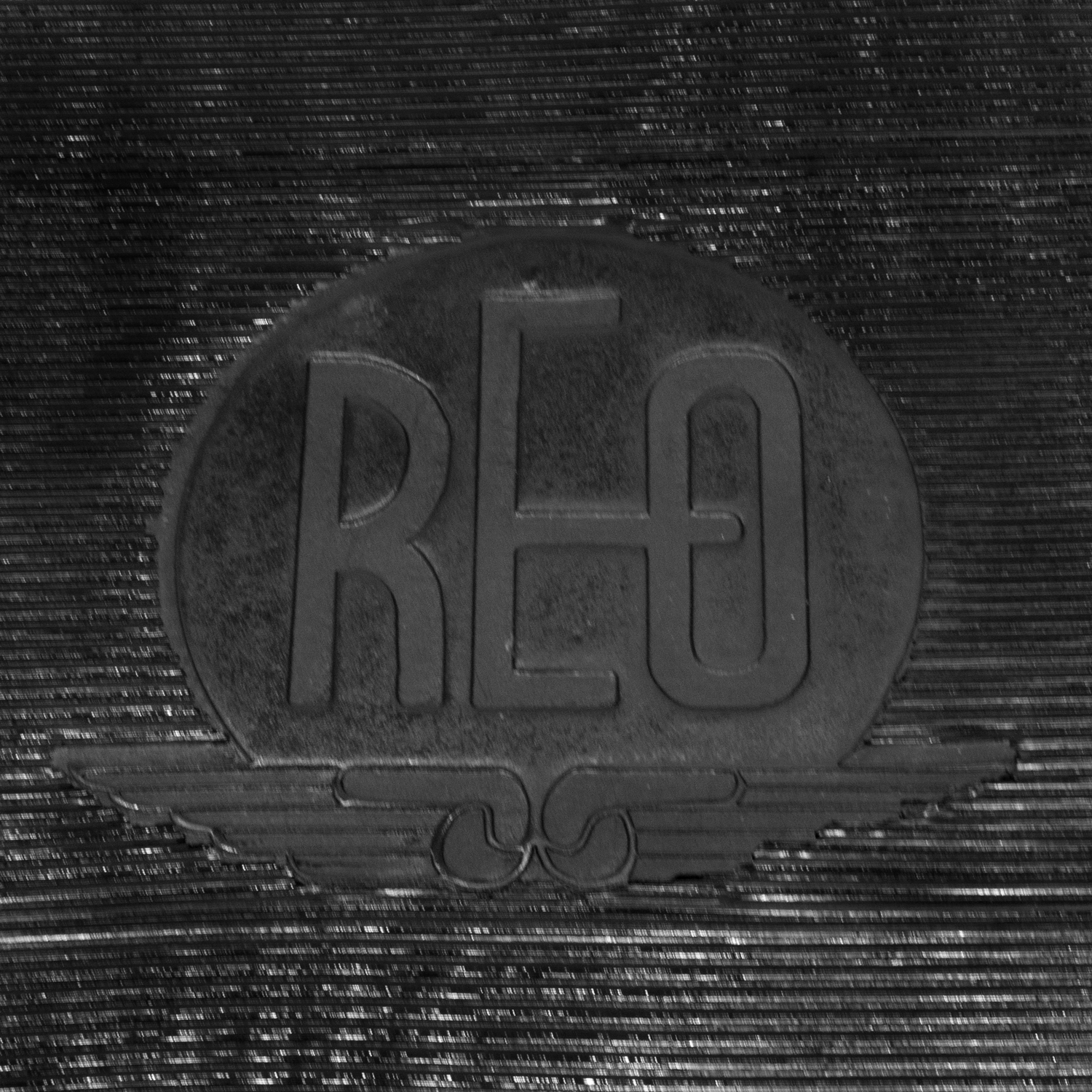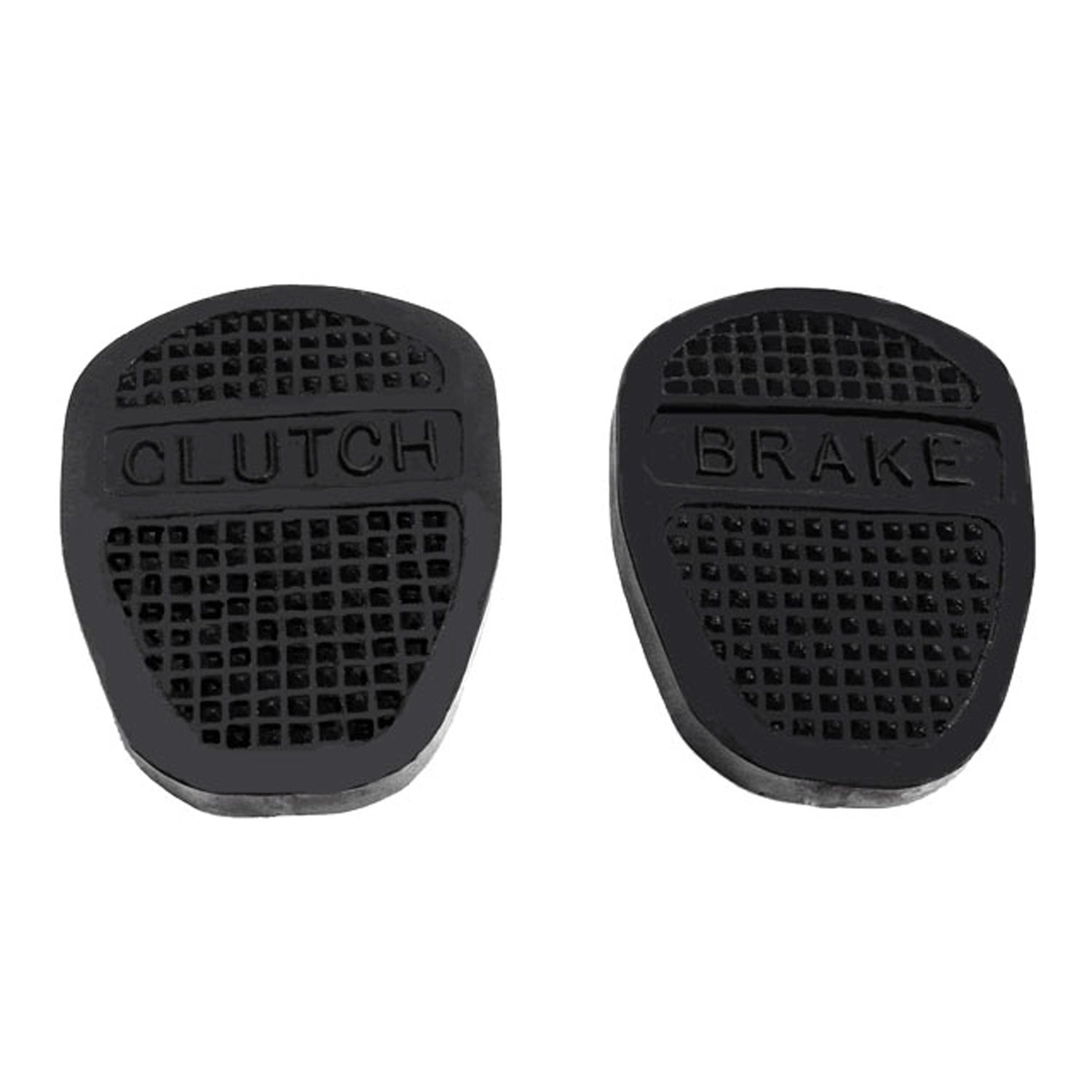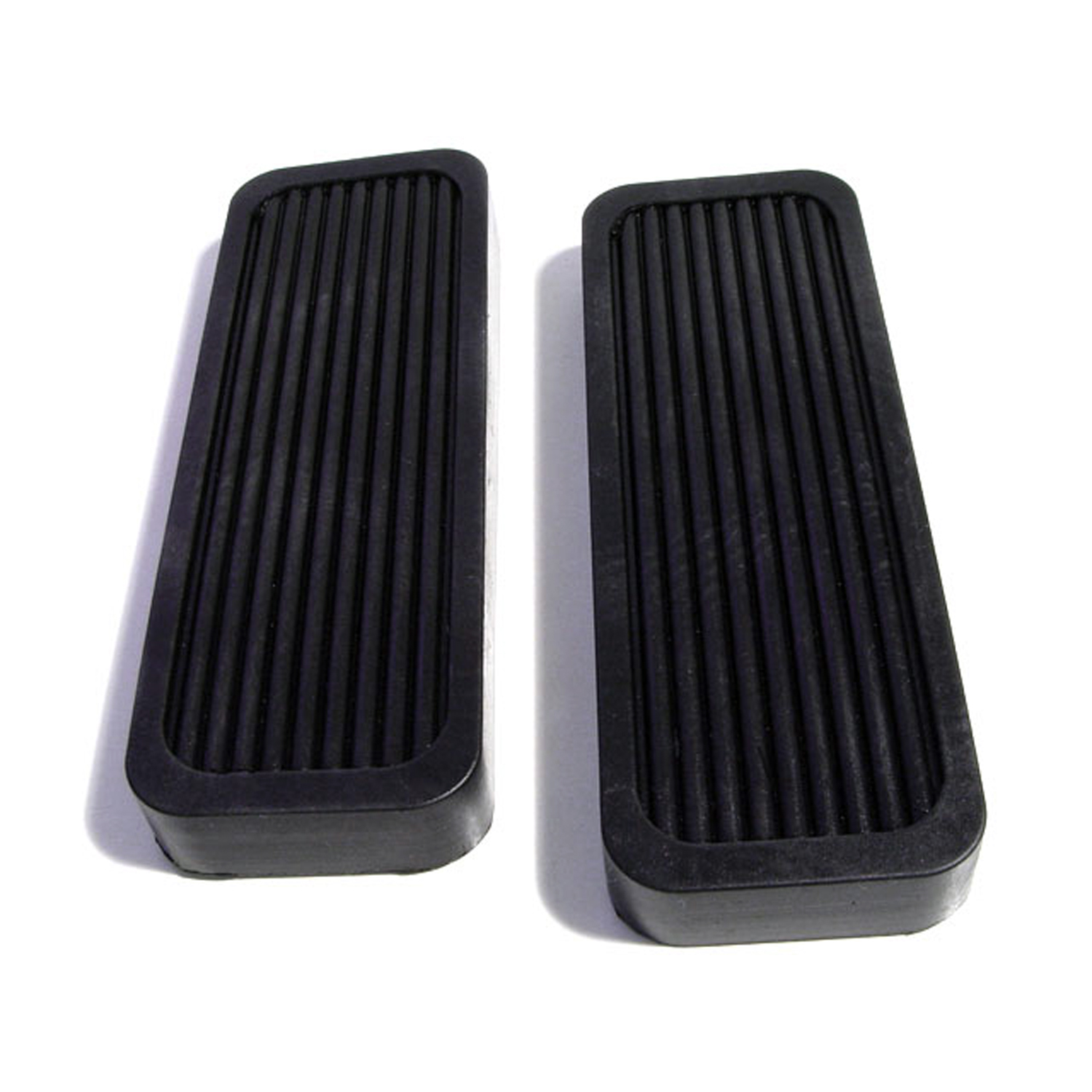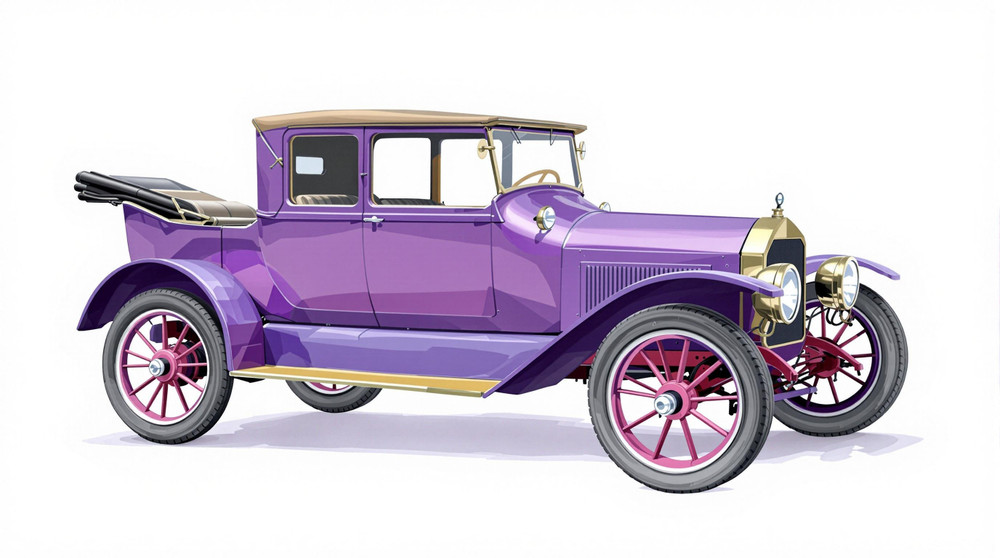Image of 1917 Reo Model M, Note: These illustrations use artistic license and may differ from actual historical models.
Performance Metrics
Fundamental Metrics
Emotional Appeal
MMP Rating
| Engine Specifications | |
|---|---|
| Engine Options: | Single engine option |
| Displacement Range: | 3.7L |
| Horsepower Range: | Estimated 20-30 HP |
| Torque: | Not available |
| Compression Ratio: | Not available |
| Ignition System: | Magneto ignition system |
| Cooling System: | Water-cooled |
| Performance Specifications | |
| 0-60 Time: | Not available |
| 1/4 Mile Time: | Not available |
| Top Speed: | 40-45 mph |
| Transmission and Drive | |
| Drive Type: | Rear-wheel drive |
| Transmission Type: | 3-speed manual |
| Fuel and Efficiency | |
| Fuel System Type: | Carburetor |
| MPG: | Not available |
| Dimensions and Brakes | |
| Brakes: | Mechanical drum brakes |
| Wheelbase: | 112 inches |
| Weight: | Estimated 1,800 lbs |
Note: Specifications for classic cars are given to the best of our ability, considering the limited and variant data available.
The Dawn of Reliability: The 1917 Reo Model M
Stepping into the annals of automotive history, the 1917 Reo Model M stands as a testament to early 20th-century innovation and design. Born from the ingenuity of Ransom E. Olds, founder of Oldsmobile and the REO Motor Car Company, this vehicle emerged as a beacon of reliability during an era where automobiles were still a luxury for many. Its unique blend of durability and style captured the hearts of a post-World War I audience, eager for technological progress. A notable moment in its storied past includes its role in pioneering the concept of assembly line production prior to its widespread adoption by Henry Ford.
Design and Innovation: A Glimpse into the Past
The 1917 Reo Model M's exterior was a canvas of classic elegance, with sweeping fenders and a bold, upright grille that commanded attention. Its carriage-like body exuded a sense of grandeur now only found in vintage collections. Inside, passengers were treated to an interior that prioritized comfort, with high-quality leather seats and polished wood accents. For its time, the Model M showcased technological advancements such as electric lights and a starter, which were considered luxuries. While color options were limited compared to today's standards, popular choices included deep blues and blacks that accentuated its stately lines. The most iconic body style was undoubtedly the touring car, an open-top design that epitomized the freedom of early motoring.
Historical Significance: More Than Just a Car
The Reo Model M wasn't merely another vehicle on the road; it was a harbinger for future automotive trends. Its emphasis on quality construction set a standard for other manufacturers to follow and contributed to the shift towards mass-produced vehicles that were both reliable and accessible. The Model M's influence is seen in the way it balanced practicality with luxury, an approach that continues to shape car design today.
Performance and Handling: A Journey Back in Time
Performance-wise, the 1917 Reo Model M was no slouch for its era. With a modest top speed that could reach up to 50 miles per hour—a significant figure at the time—it offered an exhilarating experience for drivers. Acceleration was gradual but steady, reflecting the limitations of early automotive engineering. On rough roads or in windy conditions, the solid construction provided a reassuring sense of stability. Driving the Model M was about more than just getting from point A to point B; it was about enjoying the symphony of its engine and reveling in a smooth ride that connected driver and machine.
Ownership Experience: A Labor of Love
Owners of the 1917 Reo Model M typically found themselves partaking in various activities from leisurely Sunday drives to participating in vintage car rallies. Maintenance required a hands-on approach given its age, but many enthusiasts relished in the simplicity of its mechanics which allowed for easier repairs than modern vehicles. Reliability was one of its strong suits when properly cared for.
Fun Facts: The Reo Model M's Legacy
The Reo Model M has several interesting tidbits associated with it. For instance, some models were known to have been owned by prominent figures of the time, adding to their allure. Although not known for breaking speed records, it held its own in terms of sales success and endurance for daily use. Criticisms were few but often pointed towards its less-than-modern speed capabilities by today's standards.
Collector's Information: An Appreciating Classic
Today, finding a 1917 Reo Model M can be akin to unearthing treasure. With production numbers not well-documented but estimated in the low thousands, each surviving model is precious to collectors. Values can vary widely based on condition and originality but expect figures well into five digits—with pristine examples fetching even more at auction or private sale. As with many vehicles from this period, appreciation is common as they become rarer and more sought after by enthusiasts seeking a tangible piece of automotive history.
Conclusion: Celebrating Automotive Heritage
The 1917 Reo Model M is more than just an old car; it's a rolling piece of history that encapsulates the spirit of early motoring innovation and luxury. Its legacy lies not only in its design or performance but also in how it paved the way for future generations of automobiles. As we look back on over a century since its inception, we celebrate not just a vehicle but an enduring symbol of human ingenuity.
1917 Reo Model M Catalog of Parts
 1917 Reo Model M Accessory Floor Mat - 12"X17"-AC 36Accessory Floor Mat - made of high quality black rubber with molded original emblem. Also designed to be sewn into new carpets. 12"X17", Each
1917 Reo Model M Accessory Floor Mat - 12"X17"-AC 36Accessory Floor Mat - made of high quality black rubber with molded original emblem. Also designed to be sewn into new carpets. 12"X17", Each 1917 Reo Model M Clutch and Brake Pedal Pads. Lettered "CLUTCH" and "BRAKE"-CB 38Clutch and Brake Pedal Pads. Lettered "CLUTCH" and "BRAKE". 3-1/4" wide X 4-3/8" long. Pair
1917 Reo Model M Clutch and Brake Pedal Pads. Lettered "CLUTCH" and "BRAKE"-CB 38Clutch and Brake Pedal Pads. Lettered "CLUTCH" and "BRAKE". 3-1/4" wide X 4-3/8" long. Pair 1917 Reo Model M Clutch and Brake Pedal Pads. 1-5/8" wide X 4-1/4" long-CB 39Clutch and Brake Pedal Pads. 1-5/8" wide X 4-1/4" long. Pair
1917 Reo Model M Clutch and Brake Pedal Pads. 1-5/8" wide X 4-1/4" long-CB 39Clutch and Brake Pedal Pads. 1-5/8" wide X 4-1/4" long. PairWhy Choose Metro?
For over 100 years, Metro Moulded Parts has been the pinnacle of quality in classic car restoration parts. Our commitment to precision and authenticity in every component ensures a perfect fit and an OEM-level appearance.
- Expert Craftsmanship & Quality: Each part is a testament to our dedication to reliability and perfection, crafted from original designs and thoroughly tested.
- Advanced Technology: We use cutting-edge techniques to create flawless, long-lasting parts that surpass others in performance.
- SuperSoft Sponge – The Ultimate Door Seal: Not only are our door seals 30% softer than competitors', but they're also guaranteed to never leak. They effectively reduce wind and road noise, enhancing your classic car's comfort and driving experience.
- Proudly American: Our parts are a product of American craftsmanship, made in the USA with a spirit of excellence and heritage.
- Unrivaled Warranty: We back our products with a 30-year industry-leading warranty, a testament to our confidence in their quality.
Join us in preserving the legacy of classic cars with parts that are crafted for perfection, not just made.

